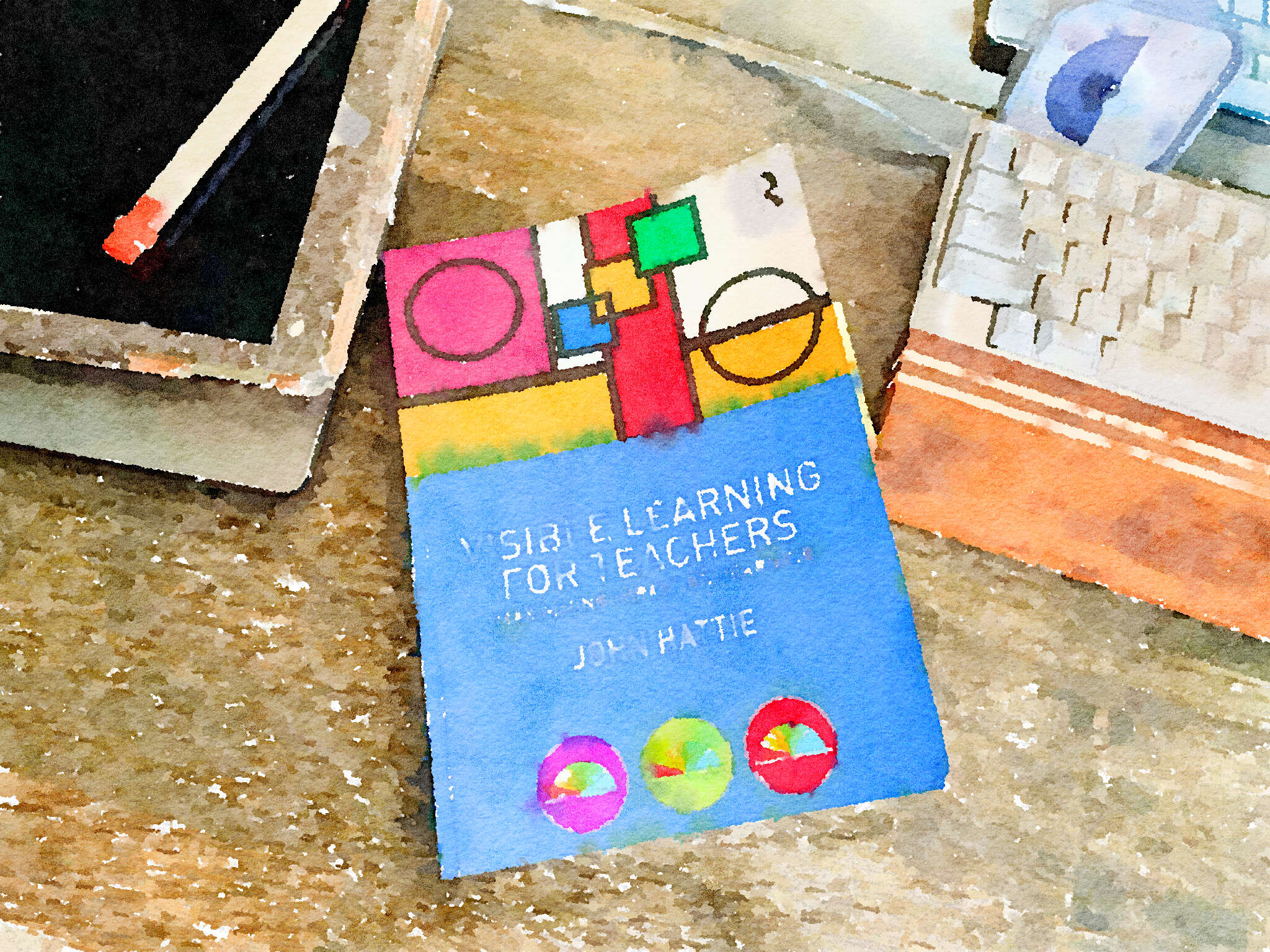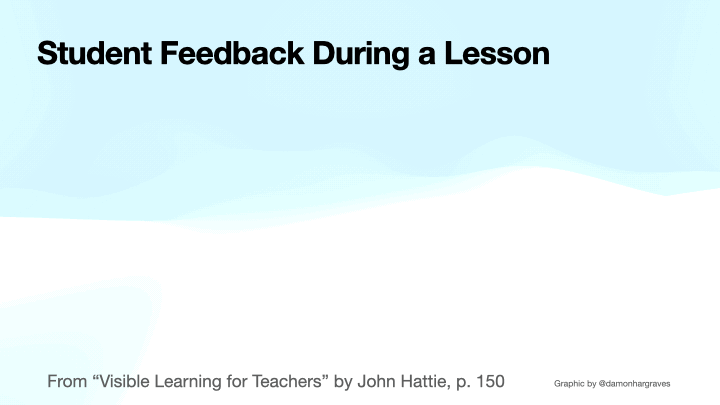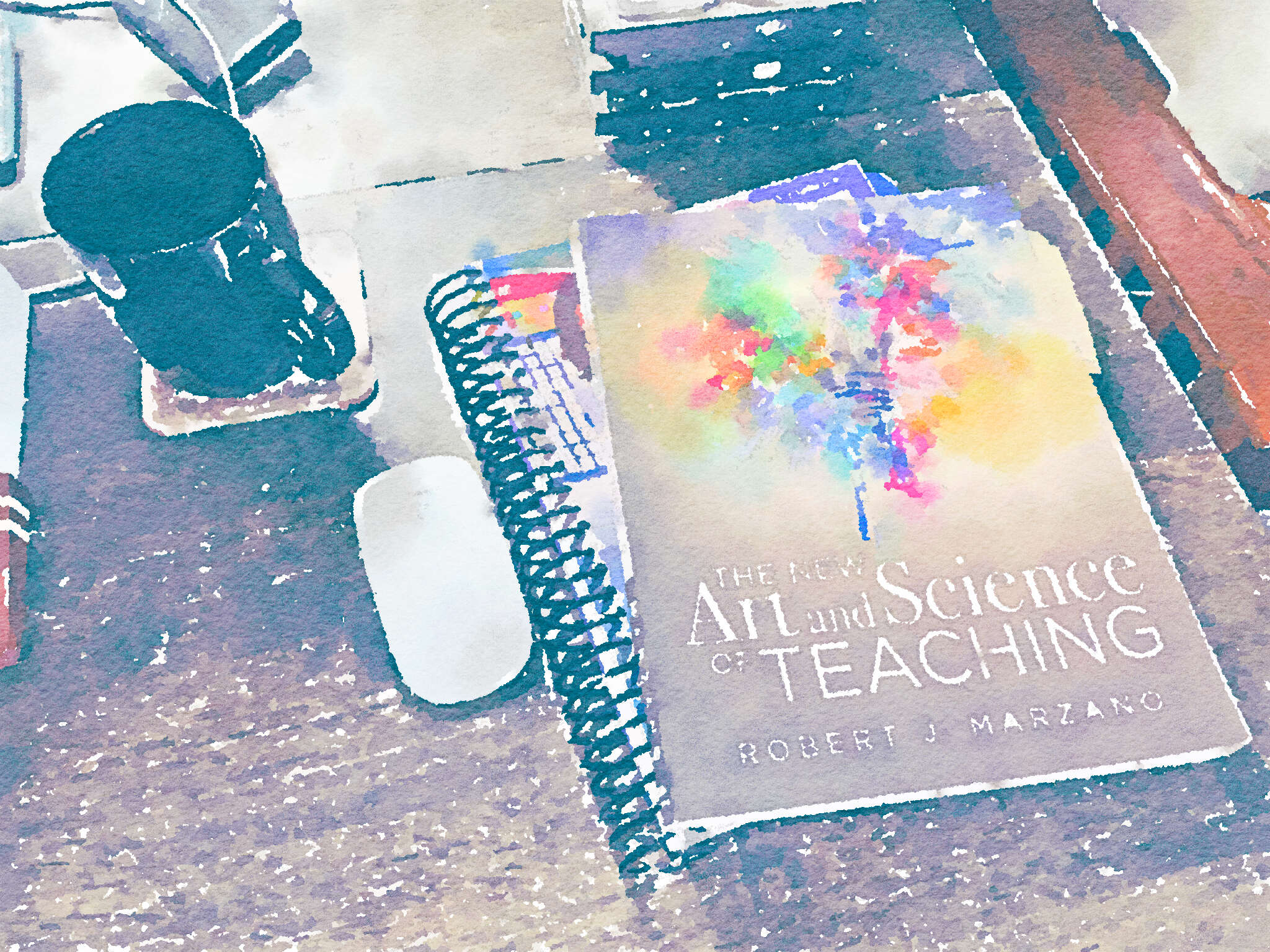This post is published in partial fulfillment of Dr. Sutherland's EDL 755 course at Evangel University.
Hattie
Chapter 6 The flow of the lesson: learning
CAPABILITIES IN THINKING
Table 6.1 Four major overlapping considerations in the learning process
- Capability
- Piaget levels
- Sensorimotor
- Pre-operational
- Concrete operational
- Formal operational
- Capacity
- SOLO Levels
- An idea
- Ideas
- Relate the ideas
- Extend the ideas
- Catalyst
- Catalyst
- Motivation
- See a gap
- Goal setting
- Strategies development
- Close the gap
- Competence
- Processes
- Novice
- Capable
- Proficient
Chapter 7 The flow of the lesson: the place of feedback
The three feedback questions (p. 130)
- Where am I going? What are my goals?
- How am I going? What progress is being made towards the goal?
- Where to next? What activities need to be undertaken next to make better progress?
Checklist for during-the-lesson feedback (p. 150)
Teachers:
- are more concerned with how students receive and interpret feedback;
- know that students prefer to have more progress than corrective feedback;
- know that when students have more challenging targets, this leads to greater receptivity to feedback;
- deliberately teach students how to ask for, understand, and use the feedback provided; and
- recognize the value of peer feedback, and deliberately teach peers to give other students appropriate feedback
Marzano
Chapter 6: Using strategies that appear in all types of lessons
Element 15: Previewing Strategies
- links to prior knowledge
- summarize
- make predictions
Element 16: Highlighting Critical Information
- find important information
- why specific content is important
- students know when a teacher is highlighting important content
Element 17: Reviewing Content
- students record key content as they go
- review/audit/ modify notes
Element 18: Revising Knowledge
- review and identify any mistakes
- explain reasoning when amending prior knowledge
Element 19: Reflecting on Learning
- students reflect on what they understand
- student describe their level of effort
- students describe what they can do to improve learning
Element 20: Assigning Purposeful Homework
- students' understanding is deepened after being assigned homework
- speed, accuracy, fluency is increased
Element 21: Elaborating on Information
- explain answers
Element 22: Organizing Students to Interact
- students interact in a manner that deepens understanding
- working efficiently



